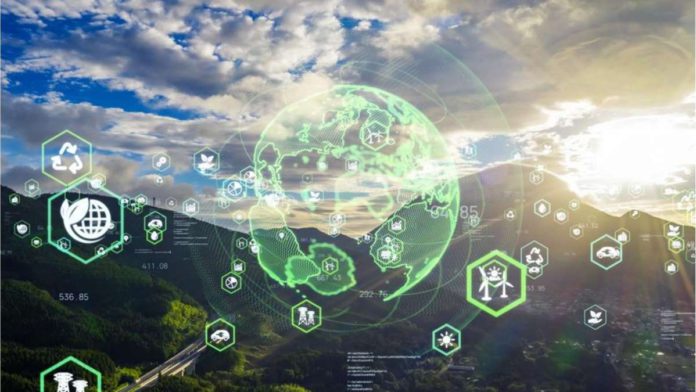According to a report from IDC and Baidu, artificial intelligence will contribute to a 70% reduction in carbon emissions by 2060. In the whitepaper, the company estimates that over 35 billion tons of carbon emissions will be reduced by 2060 as a result of AI-related technologies.
Providing insights into the Green Energy Transformation through innovative carbon emission reduction, the report incorporates research from IDC on the topic of ICT and AI and practices from Baidu and its industry partners.
As stated in the whitepaper, it will take a technology-intensive approach to achieve carbon neutrality, and numerous industries will benefit from the breakthroughs in AI and ICT infrastructure combined with Carbon reduction technologies. It is estimated that by 2060, AI-related technologies will contribute 70% to carbon reduction, with a net carbon reduction of at least 35 billion tons.
Read More: Baidu to showcase AI advancements at China’s Metaverse Conference
Founder, Chairman, and CEO of Baidu, Robin Li, stated that Baidu plans to dedicate even more resources to this endeavor using AI with ecosystem partners for carbon-neutral growth.
The Vice President and General Manager of Baidu’s Intelligent Transportation Division, Guobin Shang, points out that one of the significant advantages of intelligent transportation solutions is bringing “Vehicle-Road-Smart Mobility” to bear on tackling the issue of emissions from vehicles.
For cities with a population of over 10 million, the researchers state that they can reduce emissions by at least 41,600 tons per year, which is equivalent to 14,000 private cars.
According to IDC, based on their long-term tracking of global IT markets and their accumulation of data on such demands, an original carbon emission model is applied to cloud computing to calculate that the worldwide reduction of carbon emissions by 2020 is equivalent to taking 26 million gas-powered cars off the road.
With advanced technology and innovative mechanisms, Baidu plans to achieve carbon neutrality by 2030.


